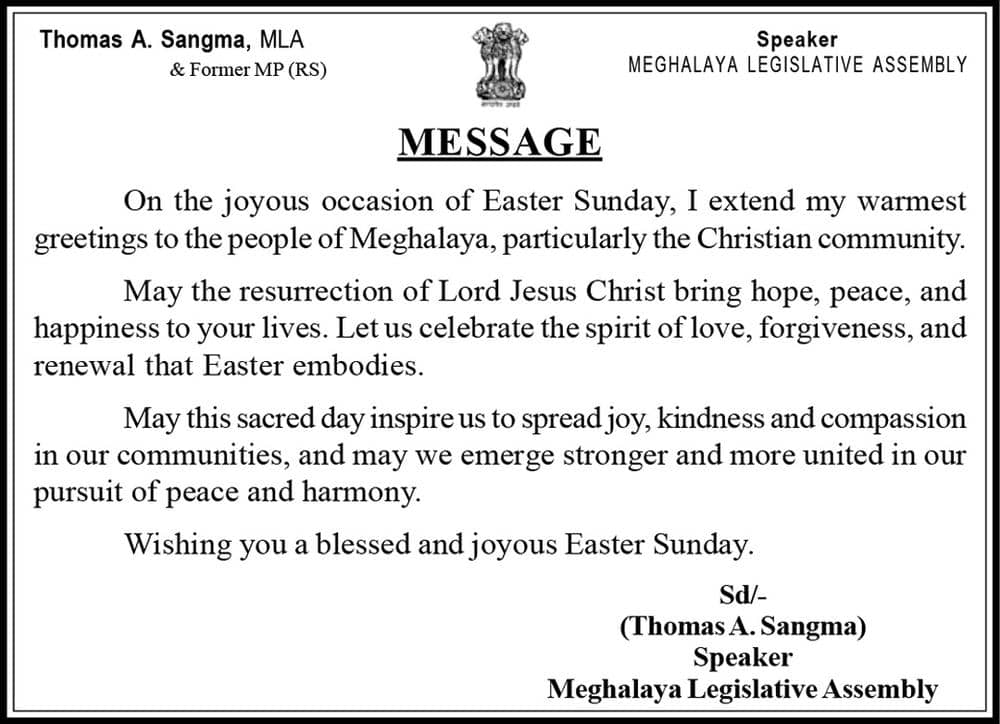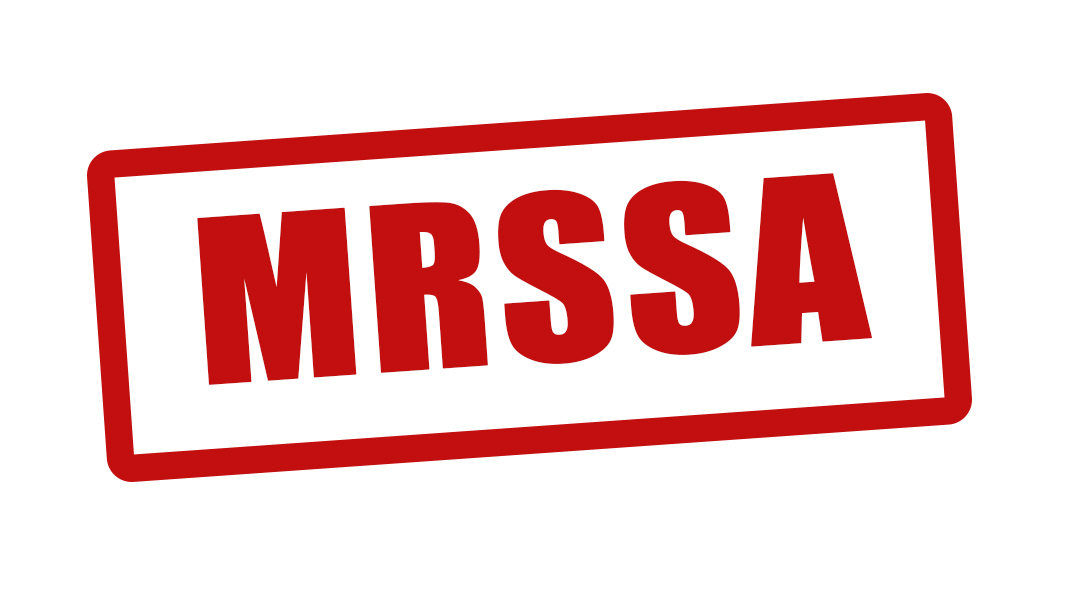TMC slams Conrad-led Govt for failing to implement MRSSA

The opposition All India Trinamool Congress (AITC) on Tuesday slammed the NPP-led MDA government for allegedly delaying the implementation of the anti-influx Meghalaya Residents Safety and Security Act (MRSSA), 2016.
In a statement, AITC state youth president Richard Marak said, “As a concerned citizen of Meghalaya, I am compelled to address the recent events and the government’s inadequate response to the pressing issues facing our state. The Conrad Sangma-led government’s gross incompetence and misplaced priorities have led to a crisis of confidence among the people.”
He said that the Khasi Students’ Union’s (KSU) decision to erect Inner Line Permit (ILP) check gates is a desperate attempt to fill the void left by the government’s inaction. The detection of over 500 migrant laborers without registration and the pushback of people from Assam without valid documents are stark reminders of the government’s failure to address the influx of illegal migrants.
“Chief Minister Conrad Sangma’s assertion that only the Labour Department is authorized to check papers of laborers reveals a shocking disconnect from the ground realities. If the Labour Department was functioning effectively, why has there been an influx of unregistered migrant laborers?” he asked.
Marak also stated that the CM’s claim that there is no such thing as a work permit, apart from mandatory registration, further highlights the government’s failure to implement effective regulatory mechanisms.
“This statement only underlines the urgent need for the MRSSA to be implemented in its original form to provide the necessary legal framework and empower traditional institutions,” he said.
The TMC leader said according to the MRSSA 2016, laborers from outside the state who come to Meghalaya for work are required to register themselves with the District Task Force or facilitation centers set up under the act. The registration process includes verification of their antecedents, address, and other details. After registration and verification, laborers may need to obtain a permit or registration certificate to work in Meghalaya. Employers hiring laborers from outside Meghalaya must also register their employees and ensure their verification. The purpose of this process is to ensure the safety and security of both the laborers and the local population.
“Yet, the government has not set up these District Task Forces or facilitation centers, raising serious questions about its intent and priorities. Why has the government failed to establish these essential structures? What is the true intention behind such delays? Are they serious about the security and welfare of the state’s citizens? This inaction proves that Mr. Conrad Sangma and the MDA government are either grossly incompetent or have misplaced priorities,” he said.
In light of these recent events, Marak said he strongly condemn the mishandling and procrastination by the Conrad Sangma-led government in implementing and amending the Meghalaya Residents Safety and Security Act (MRSSA).
Enacted in 2016 under the meticulous leadership of Dr Mukul Sangma, this legislation was crafted in extensive consultation with all stakeholders to protect our indigenous population and ensure community security. However, under the current administration, this critical legislation has faced unacceptable delays and contentious amendments.
He said the primary objective of the 2016 Act was straightforward: to regulate the influx and residence of non-tribal individuals in Meghalaya through a structured registration system. This was not merely administrative protocol but a fundamental mechanism to maintain socio-economic balance and safeguard our unique local culture and identity. The involvement of traditional institutions was pivotal, ensuring grassroots engagement and adherence to local norms. Importantly, this is the only law in our state that will provide recognition and empowerment to Sordars, Nokmas, Dalois, and Rangbah Shnong, and it aims to strengthen traditional institutions in ways unprecedented by any previous legislation.
“Yet, the 2020 amendment Bill, purportedly aimed at strengthening these safeguards, has only exacerbated the situation. The government’s decision to refer the amendment bill to the President for assent highlights a shocking lack of foresight and strategic planning. This bureaucratic inertia has needlessly obstructed the implementation of crucial security measures and administrative processes, leaving our communities vulnerable and disenfranchised.”
Furthermore, Marak questioned was it truly necessary to amend the Meghalaya Residents Safety and Security Act 2016?
“If amendments were deemed necessary, the government should have meticulously considered the legislative jurisdiction of the state legislature and adhered to constitutional provisions. Legislators are entrusted with the responsibility of lawmaking; their mishandling of this matter is utterly shameful,” he said while also wanted to know what is the true intention of the present government in stalling and complicating the implementation of such vital legislation?
“Therefore, I demand unequivocally that the government immediately and transparently implement the Meghalaya Residents Safety and Security Act in its original form, both in letter and in spirit,” he said.
“Meghalaya’s citizens deserve a government that acts decisively and with integrity to safeguard their interests and promote cohesive coexistence among our diverse communities. It is imperative for the Conrad Sangma-led government to either demonstrate genuine leadership or step aside to ensure a more secure and prosperous future for all residents of our cherished state,” he added further.




My submission , which may be accepted and rejected ; on the whole or in part :
There is a need to maintain the fragile and delicate Demographic balance existing in our state.The MRSSA had the “implied” Objective of ensuring that there would not have been any rapid and undesirable change.The objective has to achieved sooner.
There is perhaps an important facet here ; and that, prior to its attainment of Statehood,it had a mix of residents from all ethnicities.The maintenance of the Balance existing then , coupled with proper legislation
( in the past)could have prevented the social tension and undesirable past developments that had taken place.
Way back in 1972, those who had been responsible in governing the state could clearly come out with a clear (1)demarcation of the state with the state of Assam and Bangladesh, in the external front as well as the mapping of all traditionally administered areas and those outside their ambit (2)the identification of the mix of residents in all civic locations ,(3) the recognition and providing of unique identity to every citizen ;which was possible then and (4) to have initiated the creation of an active and dynamic database .
The state could have begun with a clear picture , on the table. Now all that we can comment is that the state had missed the golden opportunities.
At this juncture, there is no other option for all stakeholders, but to attempt to manage the crisis;